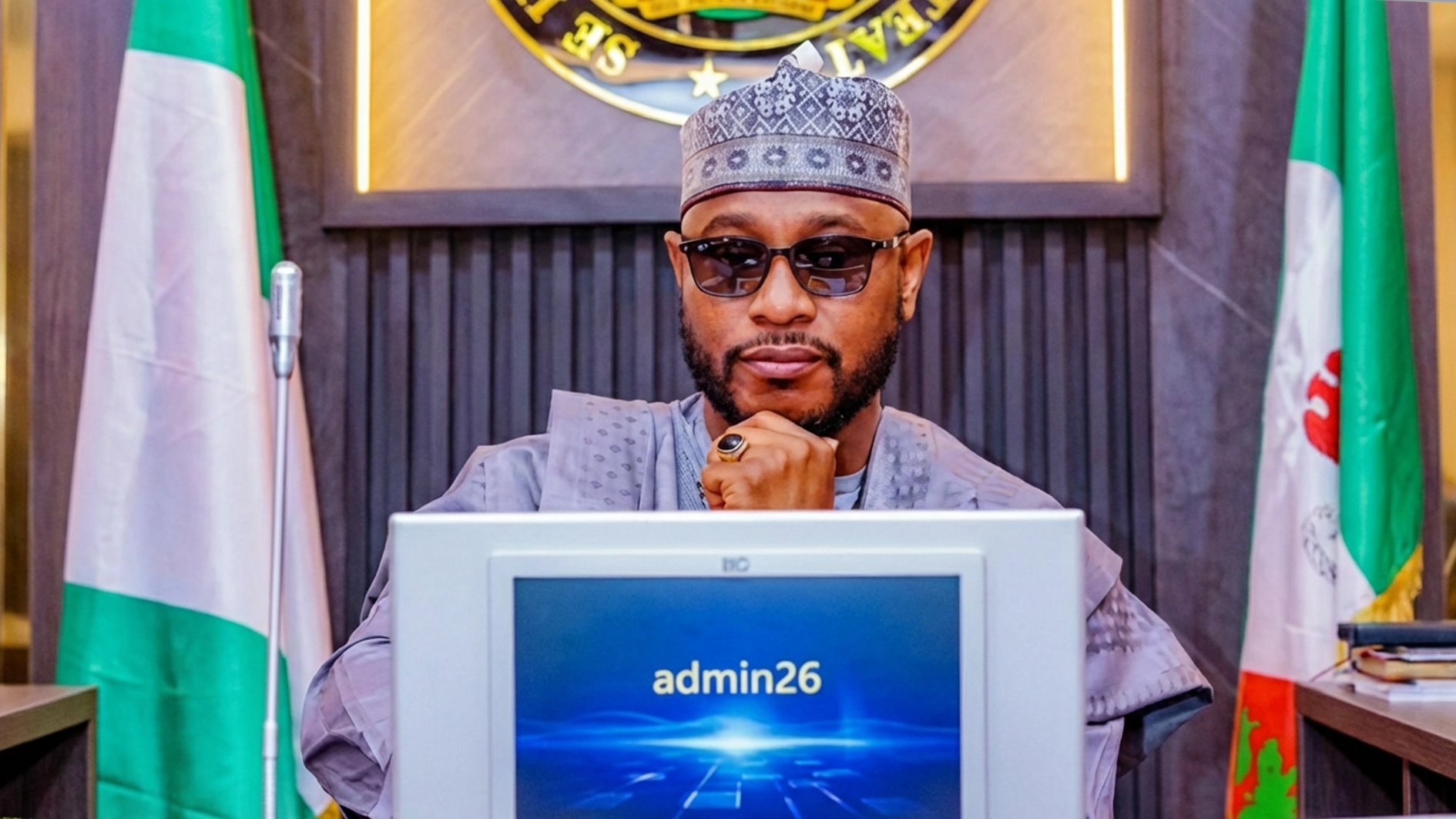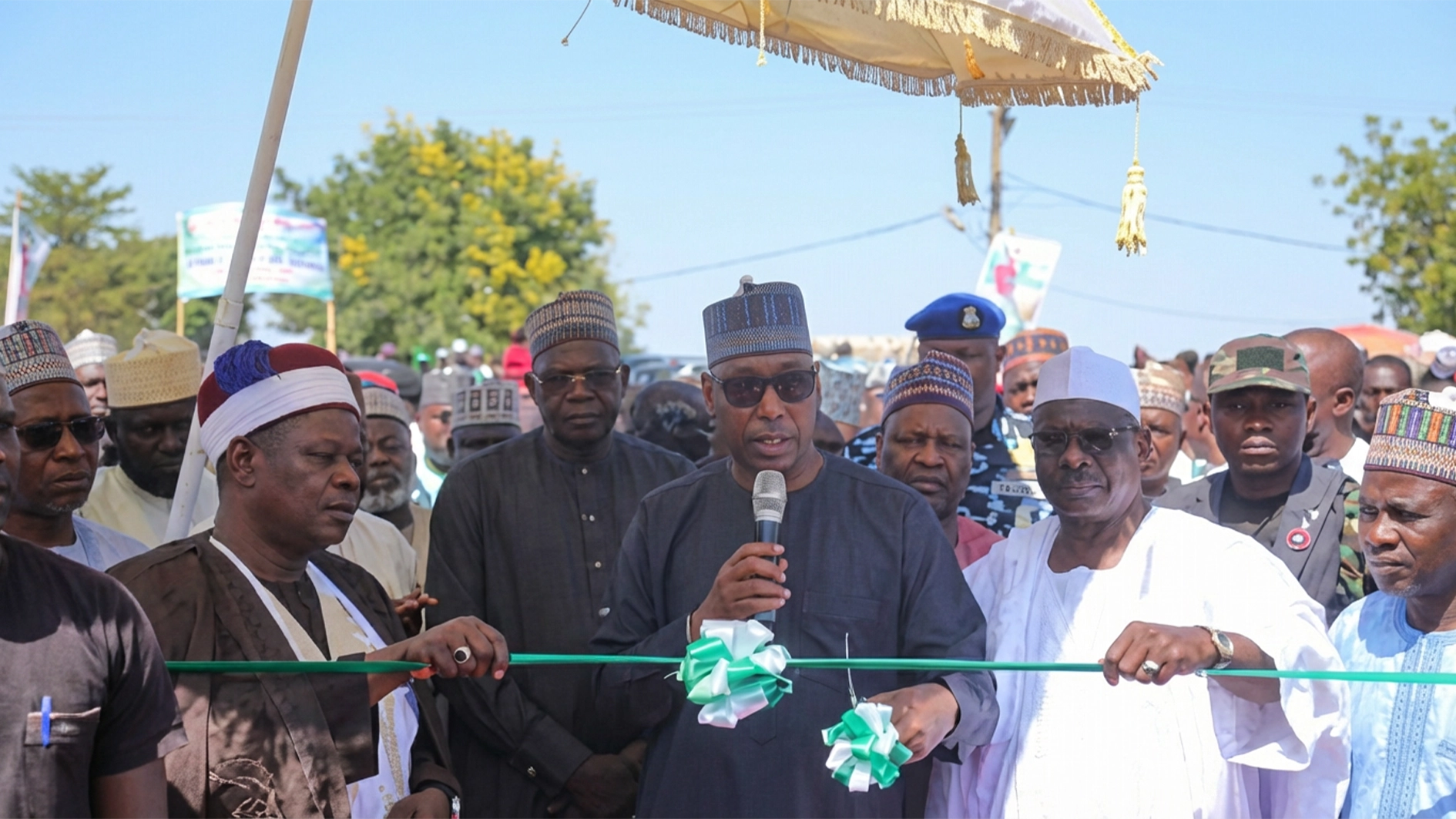Education stakeholders have expressed concerns over the federal government’s planned move to commence the immediate implementation of the newly released national curriculum for basic and secondary schools.
Addressing concerns, the Minister of Education, Dr. Tunji Alausa, explained that preparatory to implementation of the new curriculum, stakeholders in the value chain had been trained and prepared for the development, even as concerned stakeholders warned that a rushed rollout could compromise learning quality.
Speaking during a virtual meeting organised by a non-governmental organisation, Concerned Parents and Educators (CPE) Network, the group questioned the government’s capacity to deliver the curriculum effectively from the 2025/2026 academic session.
At the meeting organised by Child Protection and Education Advocate, Taiwo Akinlami, a participant, lamented that critical stakeholders were not adequately carried along in the process.
While the review is overdue, given that Africa is estimated to be 60 to 80 years behind in basic education delivery, the aggrieved stakeholders noted that the lack of proper planning, infrastructure, and stakeholders’ consultation raises doubts about successful implementation.
“If you are rolling out a new curriculum, stakeholders, including private school associations, parents, teachers, and even children who have the right to participate in education decisions, must be part of the process,” Akinlami said.
“Instead, what we saw was a sudden announcement, catching stakeholders unawares.” Akinlami noted that in Lagos State alone, there are over 18,000 private schools and 1,700 public schools, yet most operators were unaware of the curriculum review until its announcement.
The action, he noted, points to a top-down decision that could be more political than educational. Akinlami also identified infrastructure deficit as a major barrier, noting that subjects like Information and Communication Technology (ICT) and agriculture require investments in laboratories, equipment, and facilities that many schools currently lack.
He wondered how government schools that are already struggling with resources would cope, and warned that private schools would face rising costs without being allowed to adjust fees.
Beyond implementation, he stressed that the curriculum does not appear to address the plight of the country’s out-of-school children.
“If we are serious about education reform, we must ask, what provision has been made for those children who are not in school? Are we building classrooms, or developing alternative learning pathways, perhaps through technology?” he queried.
Others stated that the government must respect the expertise of the private sector, which currently shoulders the bulk of Nigeria’s education delivery, and engage stakeholders meaningfully in curriculum reforms.
“For decades, private schools have done what government schools could not sustain. Instead of taxing them heavily or sidelining them in critical reforms, the government should work with them as partners to make education better for all,” Akinlami said.
Education expert, Rhoda Odigboh, described the curriculum reform as a welcome and necessary step, but warned that its success hinges on addressing critical gaps in teacher quality, infrastructure, and implementation planning.
Odigboh, a curriculum theorist, said the reform, which reduces the number of subjects, introduces new priorities such as digital literacy, trade skills, and integrated citizenship studies, marks genuine progress in easing the burden on students and teachers, while aligning learning with future realities.
“For years, Nigerian children have carried a heavy load at senior secondary level, with up to 18 to 20 subjects. Fewer subjects mean we can finally slow down, go deep, and support struggling learners. That is real progress.”
She, however, cautioned that progress would remain words on paper without deliberate preparation. Odigboh cited data showing that about one-third of Nigeria’s basic schoolteachers, nearly half a million educators, lack proper qualifications, while 60 per cent of secondary school teachers do not possess basic digital literacy skills.
While over 65 per cent of schools lack electricity, Odigboh lamented that Internet penetration remains at just 30 per cent, and there is a shortfall of at least 190,000 qualified primary school teachers.
For the reform to succeed, Odigboh urged the government to adopt a phased and scientific approach to implementation. A member of the Association of Nigerian Geographers (ANG), Dr Salihu Yahaya, stressed the need for education stakeholders, particularly subject associations and private schools, to take a proactive role in curriculum development, rather than waiting until government decisions spark public outcry. He explained that early engagement with relevant agencies made it possible for geography experts to shape the new content.
“We are always laying back and waiting until things like this happen before we begin to vent our issues. I think we need to be more proactive in identifying and engaging the relevant government agencies before they begin to act,” he said.
The Convener and Chief Executive Officer of Edumark Consult, Mrs Yinka Ogunde, stressed the need for associations to get more involved and hold the government accountable.






